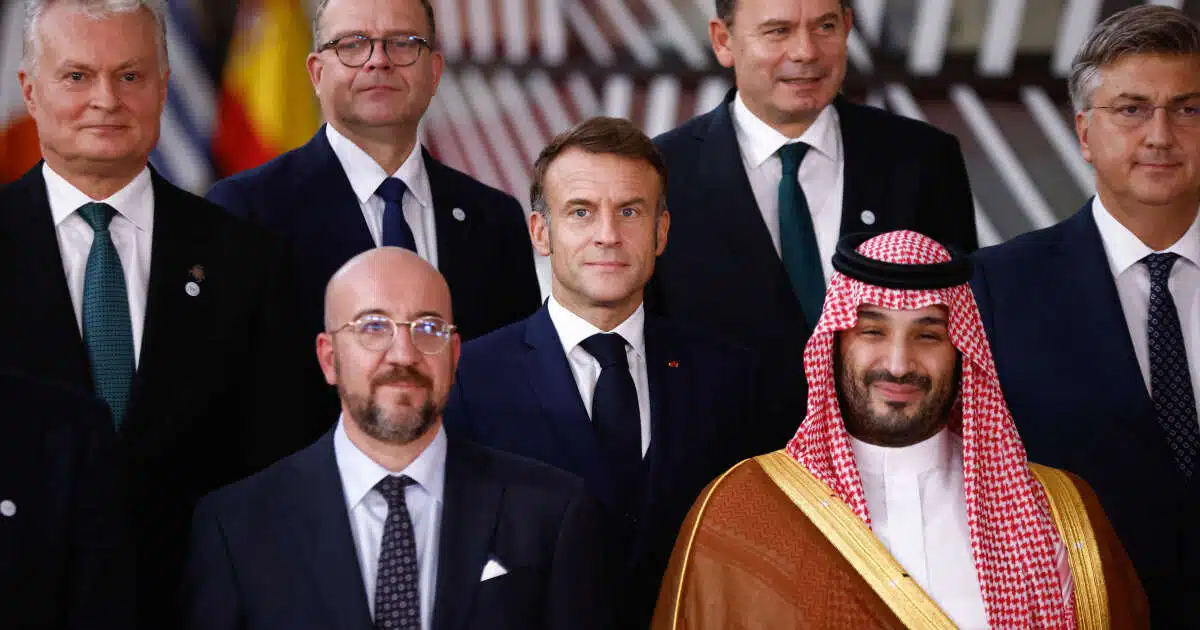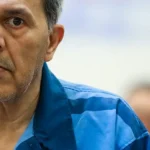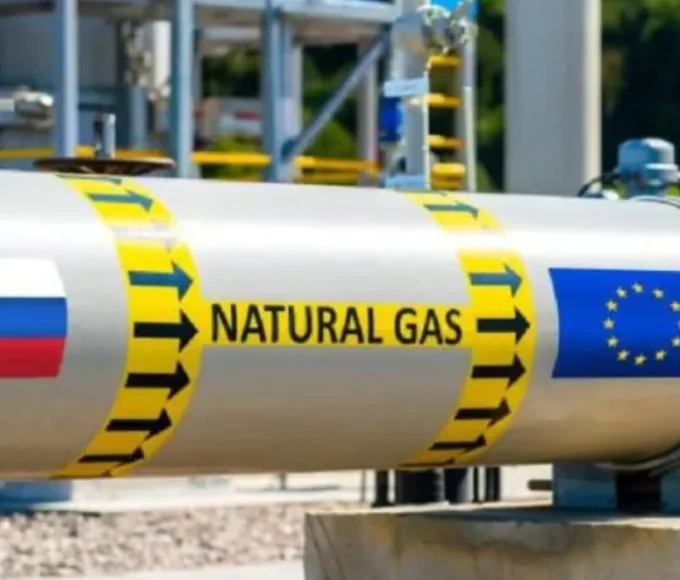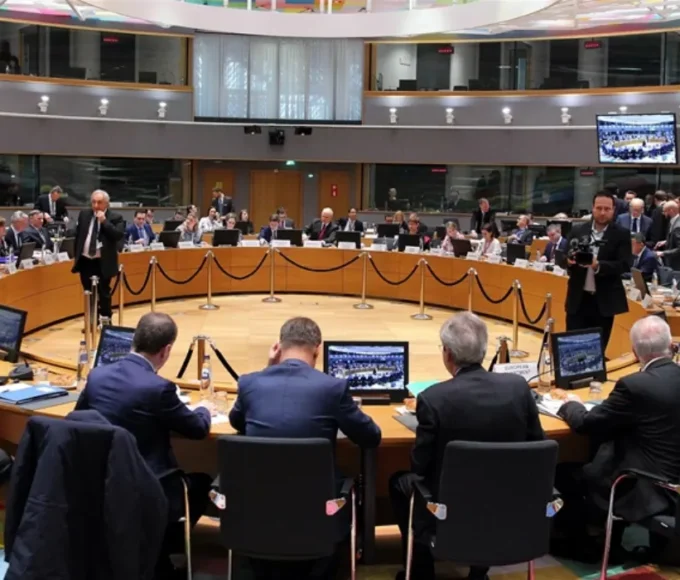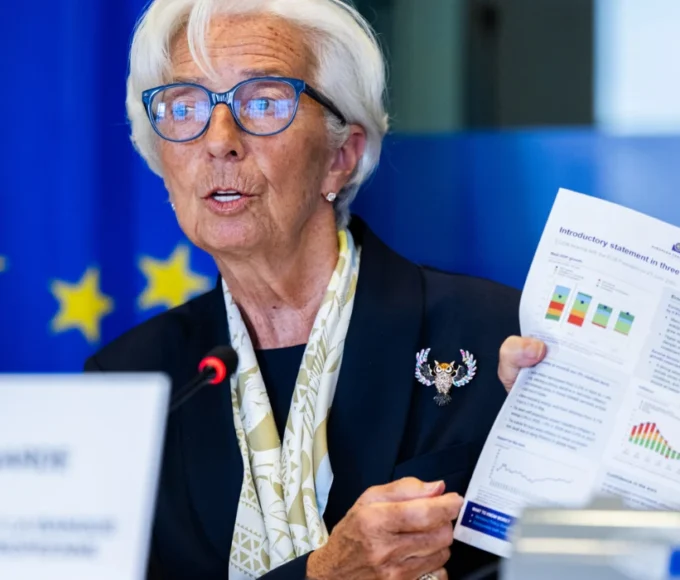In a historic step, the European Union (EU) has intensified its diplomatic efforts with the Gulf states, aiming for closer cooperation in energy and regional stability. On Wednesday, October 16, 2024, the EU and the Gulf Cooperation Council (GCC), which includes Saudi Arabia, Bahrain, the UAE, Oman, Kuwait, and Qatar, held their first summit in Brussels since signing a cooperation agreement in 1989. The meeting highlighted the EU’s increasing flexibility and willingness to engage with the region’s key players, despite past controversies, particularly around Saudi Crown Prince Mohammed bin Salman.
This summit, although significant, has drawn criticism and raised concerns, especially due to the presence of authoritarian regimes, including Saudi Arabia and other Gulf monarchies. The timing of the meeting is particularly sensitive, as it occurs during an escalation of conflict in the Middle East, specifically between Israel and Hezbollah in Lebanon. This backdrop has shifted the focus of discussions, overshadowing other long-term goals, such as the free trade agreement that has been under negotiation since 2008.
Middle East Conflict Dominates the Agenda
The ongoing conflict in the Middle East became a central issue during the summit, with discussions heavily influenced by the recent flare-up of violence. The Financial Times described the timing of the meeting as “strange” given the conflict’s intensity, predicting that it would eclipse other important topics. The Israeli-Palestinian tensions and the escalating violence in Lebanon were likely to dominate the conversations, sidelining the trade talks and long-term diplomatic goals.
Despite this, the conflict has breathed new life into the 1989 cooperation agreement between the EU and the GCC. Both sides emphasized the need for stronger collaboration in facing global and regional challenges. The discussions underscored the importance of energy security and stability, given the region’s critical role in global energy supplies.
A Test for the United Nations and Resolution 1701
The broader Middle East crisis, particularly the situation in Lebanon, has brought renewed attention to the United Nations’ role in maintaining peace in the region. After the 2006 war between Israel and Hezbollah, the UN Security Council passed Resolution 1701, which called for the Lebanese army to take control of the area south of the Litani River and for Hezbollah to withdraw. However, despite the resolution, Hezbollah has maintained a presence in the area, leading to repeated calls from Israel for its full implementation.
This issue resurfaced after unprecedented Hamas attacks on Israel on October 7, 2023, and subsequent Israeli military action in southern Lebanon. On September 30, 2024, Israel launched what it described as a “limited” ground incursion into the region, further complicating the fragile situation. The UN Interim Force in Lebanon (UNIFIL), consisting of 10,000 troops including 700 French soldiers, has reported frequent and deliberate Israeli attacks on its positions, raising alarms about the growing instability.
Calls for Stronger UN Action
The ongoing conflict has prompted renewed calls for the full implementation of Resolution 1701. Amos Hochstein, a special envoy from the U.S. President, recently expressed frustration, stating that while the resolution ended the war in 2006, “no one has done anything to enforce it.” This sentiment was echoed by Lebanese Prime Minister Najib Mikati, who urged the UN to adopt a new resolution for an immediate ceasefire and recommitted to enforcing Resolution 1701.
Europe’s Role in the Middle East Peace Process
The European Union, through its foreign policy chief Josep Borrell, has also suggested strengthening the mandate of UNIFIL, which has been unable to prevent direct confrontations between Hezbollah and Israel. Borrell, along with French Foreign Minister Jean-Noël Barrot, has called for a ceasefire and respect for international law, stressing the need for the full implementation of UN Resolution 1701.
However, experts have expressed skepticism about the ability of international powers, including France and the United States, to influence Hezbollah’s withdrawal from southern Lebanon. Calev Ben-Dor, a former analyst with Israel’s Foreign Ministry, noted that neither France, the U.S., nor the Lebanese government seem to have enough leverage to enforce the resolution.
EU-Gulf Cooperation: A New Phase or Missed Opportunity?
As the EU strengthens its ties with the Gulf nations, the broader Middle East crisis highlights the complex dynamics at play. While the Brussels summit marks an important step in EU-GCC relations, the presence of authoritarian leaders and the ongoing conflict in the region cast a shadow over the proceedings. Critics argue that the EU’s engagement with these regimes, particularly Saudi Arabia, raises concerns about the bloc’s commitment to human rights and democratic values.
Nonetheless, the summit represents a significant diplomatic milestone, as both sides seek to address pressing global challenges, including energy security and regional stability. As the EU navigates its role in this complex landscape, the outcome of its renewed cooperation with the Gulf states remains to be seen, especially as conflicts in the region continue to dominate the global agenda.
This article is originally published on revue-internationale.com


